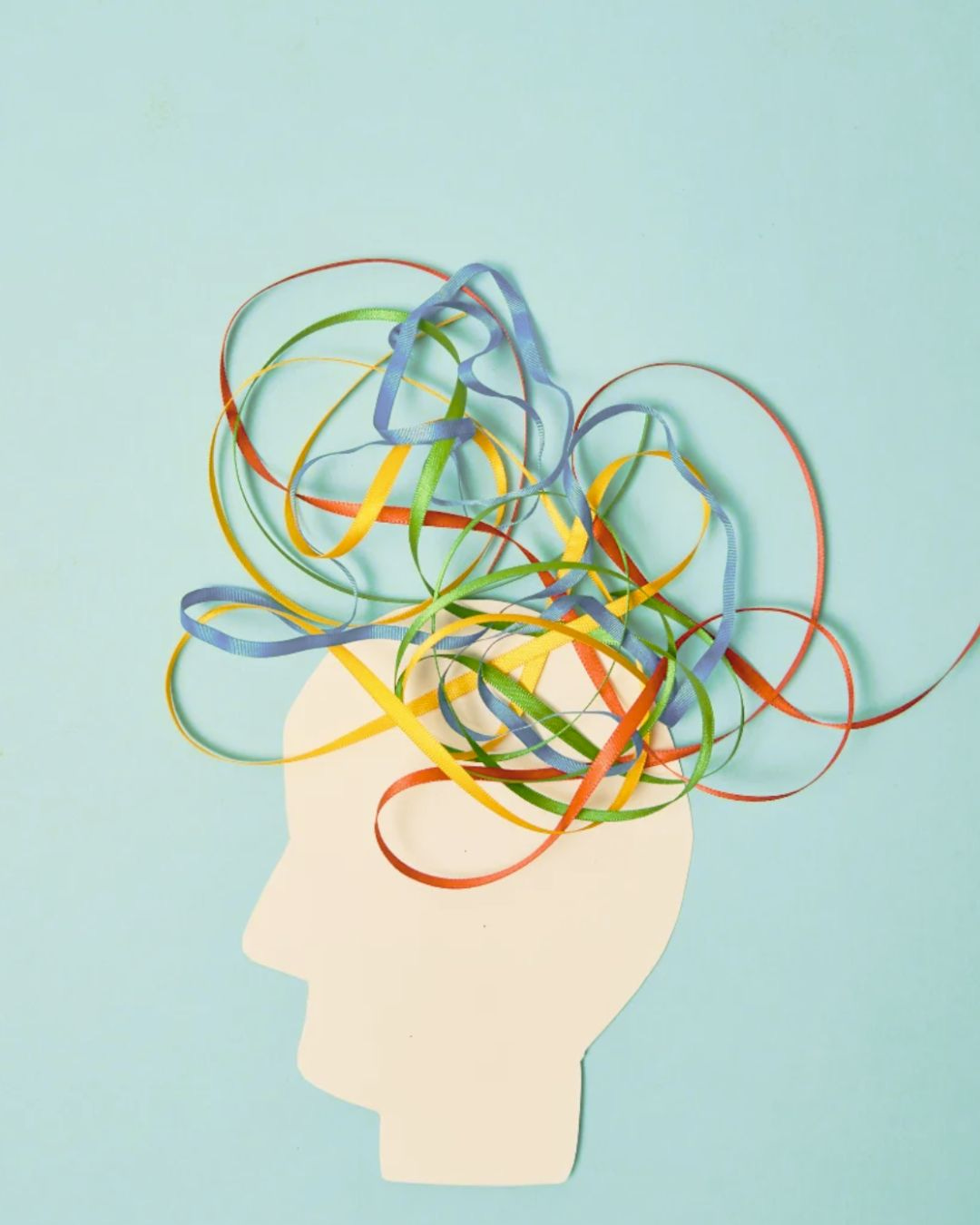How To Holistically Heal...Poor Cognition
When You Have Poor Cognition, Consider This… (updated Aug 2025)
Experience this Newsletter in all its online glory. Go here
In this edition…
1. HEALING: When You Have Poor Cognition, Consider This…
2. REVERENCE: Gut Brain Axis & Poor Cognition
3. EXPLORING: Herbal Nootropics
1. HEALING: When You Have Poor Cognition, Consider This…
Cognition refers to the set of mental processes that allow us to acquire, process, store, and use information to navigate the world. These processes include perception, attention, memory, language, reasoning, problem-solving, decision-making, and executive function. Together, they shape how we interpret our surroundings, communicate, learn, and adapt to change. Cognitive health is essential for independent functioning, emotional well-being, and quality of life.¹
When cognitive function is disrupted, whether by stress, inflammation, neurodegenerative disease, nutrient deficiencies, or hormonal imbalances, individuals may experience a range of symptoms. These symptoms often vary based on the cause, severity, and areas of the brain affected.²⁻⁴ Common indicators of cognitive decline or dysfunction include:
Memory impairment: Difficulty recalling recent conversations, names, dates, or daily events. This is often one of the earliest signs of cognitive disruption.³
Attention and concentration difficulties: Struggles with sustained focus, increased distractibility, or trouble handling multiple tasks at once.⁵
Language challenges: Trouble retrieving words, following conversations, or articulating thoughts clearly. Individuals may also experience difficulty with reading or writing.⁶
Executive dysfunction: Impaired ability to plan, organise, prioritse, or make decisions. This includes challenges with initiating tasks or managing time effectively.⁷
Slowed processing speed: A noticeable delay in how quickly one can understand, respond to, or act upon information.⁸
Disorientation or confusion: Feeling lost in familiar environments or difficulty recognising familiar people, especially in moderate to severe impairment.⁹
Reduced problem-solving capacity: Difficulty analysing complex situations, generating solutions, or adapting to new scenarios.⁷
Impaired abstract thinking: Trouble understanding idioms, metaphors, or concepts that require thinking beyond the literal.⁴
Poor judgment: Making decisions that are uncharacteristically risky, impulsive, or out of context.¹⁰
Emotional and behavioural changes: Mood instability, apathy, irritability, reduced empathy, or withdrawal from social situations.⁵
These symptoms may arise gradually or suddenly and can be influenced by factors such as neuroinflammation, chronic stress, poor sleep, nutrient deficiencies (e.g., B12, DHA, choline), hormonal shifts, medication side effects, or neurodegenerative diseases such as Alzheimer’s or Parkinson’s.¹¹⁻¹³ Early identification and support can play a key role in prevention and management.
Contributing Factors to Poor Cognition
Keep reading with a 7-day free trial
Subscribe to How To Holistically Heal By Anthia Koullouros Naturopath to keep reading this post and get 7 days of free access to the full post archives.


